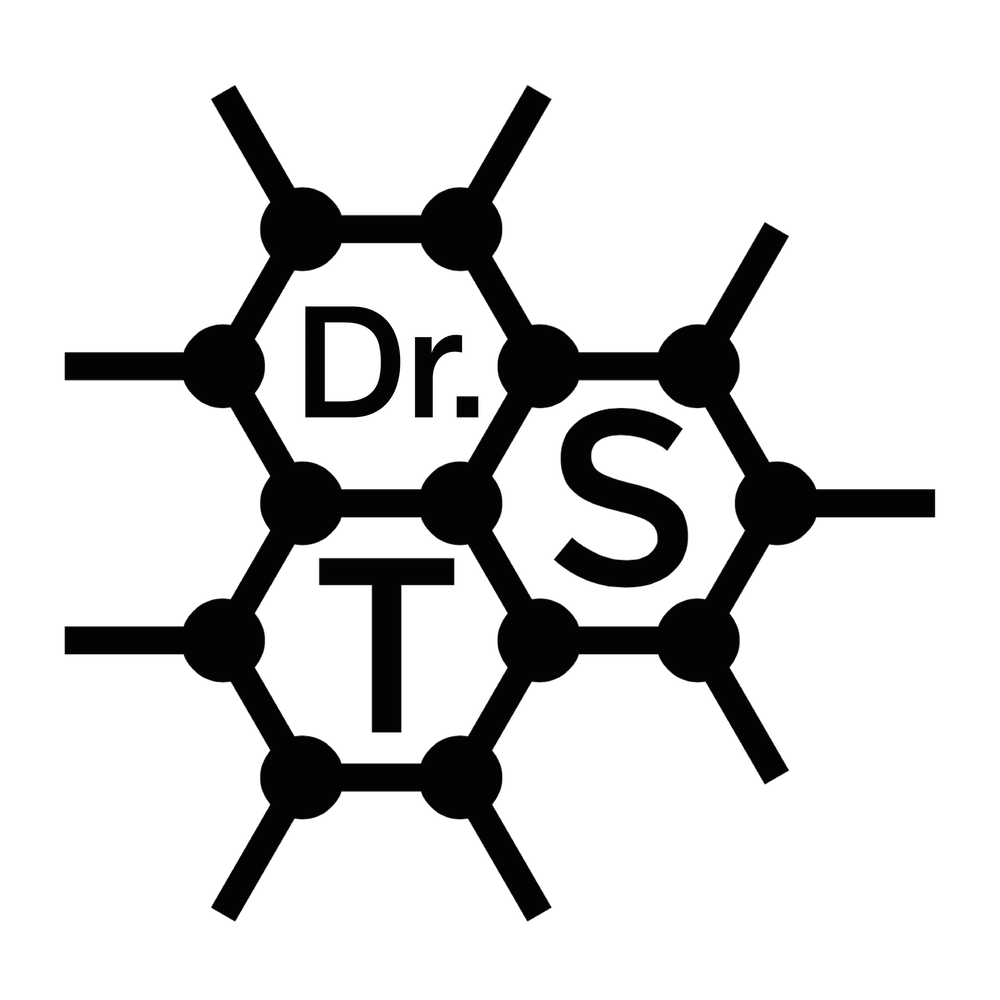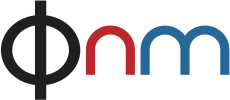Activities
ESOF2024 keynote “The importance of rewarding good research practices” (2024)
KU Leuven Open Science Day keynote & interview: “Relying on impact factors to assess researchers is simply non-scientific“ (2024)
Comment for Science|Business story on ERC evaluation changes (2024)
Think Open blog: “Mitä me arvostamme tutkijoiden työssä?” (in Finnish, 2024)
IIT Open Talk: “What is excellence in research?” (2023)
Physics Today: “Global movement to reform researcher assessment gains traction“ (2023)
Falter newspaper interview: “Sturm statt Elfenbeinturm” (2023)
LMU Munich symposium: “Reforming research assessment” (2023)
Interview: “ERA talk – Reforming Research Assessment” (2022)
Core drafting group: “Agreement on Reforming Research Assessment” (2022)
Report: “The centrality of researchers in reforming research assessment” (2022)
Paris Open Science conference invited talk: “Open Science Needs No Martyrs, but We Must Recognize the Need for Reform” (2022)
Report: “Science Europe High Level Workshop on ERA” (2021)
“Open science is simply better science”, University of Vienna RDM news (2021)
Interview on open science for the ERC Magazine (2021)
Talk on rewards at Beilstein Open Science Conference (2021)
Policy proposal: Replacing academic journals, Zenodo (2021)
Opinion: Game over: empower early career researchers to improve research quality, Insights 34 (1): 15 (2021)
Panel discussion on Open Science at MCAA Virtual Conference & AGM (MCAA, 2020)
Panel discussion on Plan S at ESOF2020 (EuroScience, 2020)
Talk on open access at Eurodoc Online Conference & AGM 2020
(Eurodoc, 2020)
Plan S monitoring task force (cOAlition S, 2020)
External policy advisor
(Initiative for Science in Europe, 2020–)
Panel discussion on the Future of Young Scholars (AE/YAE, 2019)
Open science coordinator
(Young Academy of Europe, 2018–2020)
Freedom of information campaign for Finnish journal subscription costs
(OKF Finland, 2014–2016)
Finnish open science advisory group
(FinnOA, 2013)
University-level advocacy (Aalto University,
2012–2013)
Policy and advocacy
I became interested in open access debates during the so-called “Academic spring” of 2012, when a blog post by mathematician Tim Gowers kicked off a boycott campaign of the publisher Elsevier, which was widely discussed in the blogosphere and on Twitter. Some promising developments followed, which I closely followed as one of the first people writing in Finnish. This public commentary allowed me to participate in open access discussions both at my university and on the national level.
However, like with many of the Arab spring revolutions, that enthusiasm proved premature. The Elsevier boycott lost steam, and probably was never going to be sufficient in the first place (not to mention the equally terrible practices of some society publishers such as the American Chemical Society). In late 2013, I moved to Austria and started to more participate in international discussions around the topic. However, I did play a minor role in the campaign by Finnish open science activists to use freedom of information requests to reveal academic subscription pricing information.
Since I joined the Young Academy of Europe (YAE) and its board in late 2017, my experience on these topics has proved important and timely. After years – decades, really – of little to now action, in 2019 the so-called European Plan S finally delivered a sufficient shock to kickstart some real changes. Our organization actively commented on the plan and its implementation guidance, choosing to offer constructive criticism while being broadly supportive of the goals. I coordinated these activities as YAE Vice-Chair in 2018-2020.
We closely collaborated on open science matters with two other researcher organizations, namely Eurodoc and Marie Curie Alumni Association, issuing statements on Plan S and other related issues such as copyright reform, as well as presenting at events. I’ve also become something of an expert on the plan, helping disseminate up-to-date information and explain the rationale behind the plan at the University of Vienna.
In 2020, I was a member of a cOAlition S task force on monitoring the effects of Plan S with a particular focus on early-career researchers, as well as participating in other related working groups, helping design the monitoring framework for the launch of the initiative. I also spoke on the topic of open science at the Eurodoc and MCAA annual conferences, as well as on a panel discussing Plan S at ESOF 2020.
After finishing my tenure as YAE Vice-Chair in October 2020, I continued to lead a task force at the Initiative for Science in Europe (ISE), which organized an expert consultation workshop in March 2021 aimed at producing policy recommendations for reforming the academic evaluation and reward system. Our report was released in advance of the Open Science European Conference in February 2022, where I gave an invited talk. In 2022, I also joined the Board of Directors of the Association or ERC Grantees (AERG).
The focus in open science policy has increasingly shifted to research assessment reform, and most recently, I was a member of the core drafting group of the Agreement on Reforming Research Assessment, spearheaded by the European Commission, Science Europe, and European University Association. Through this engagement, my views on the topic were further disseminated in an EC-released ERA talk video. In December 2022, I was elected onto the first CoARA Steering Board.



